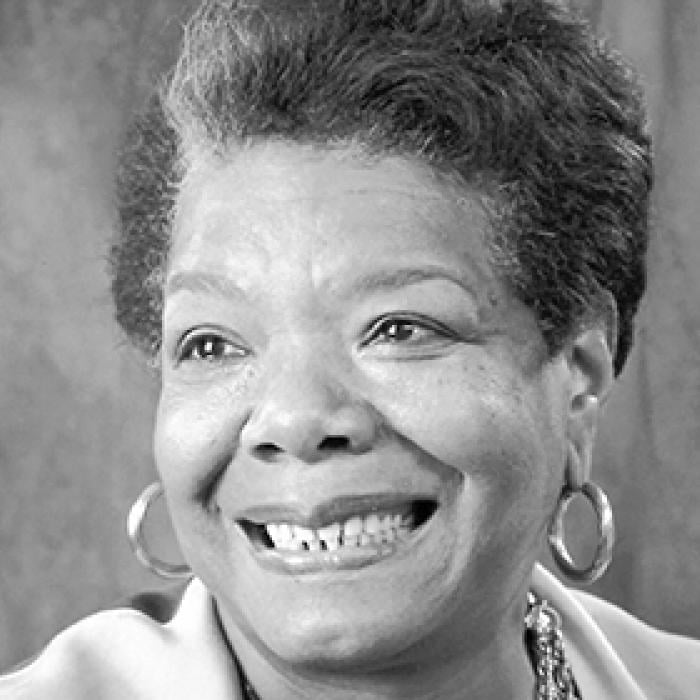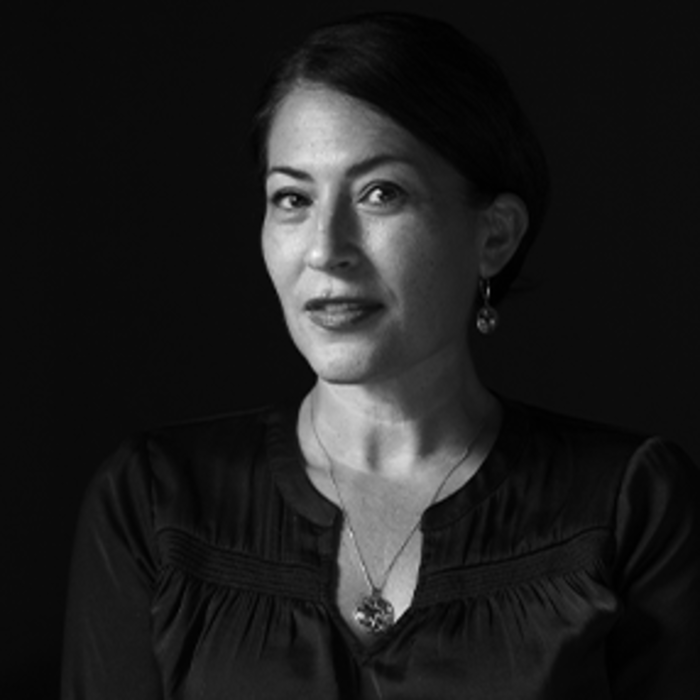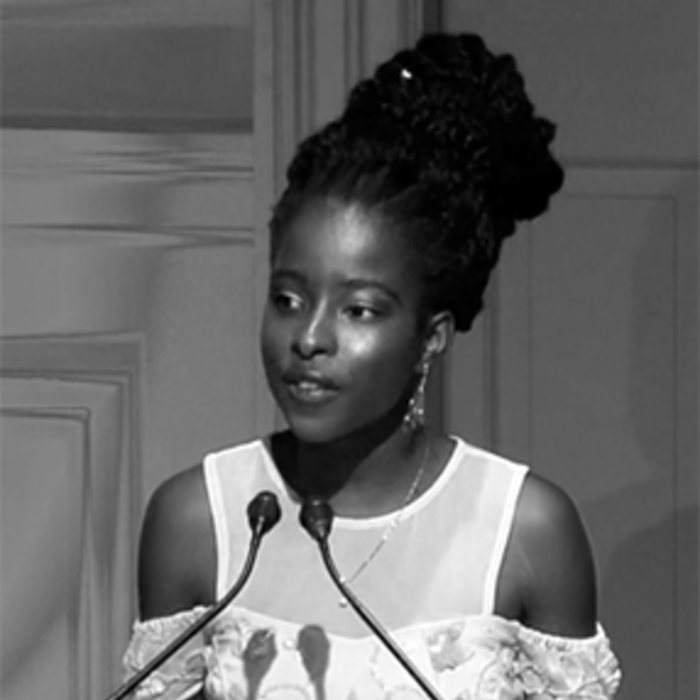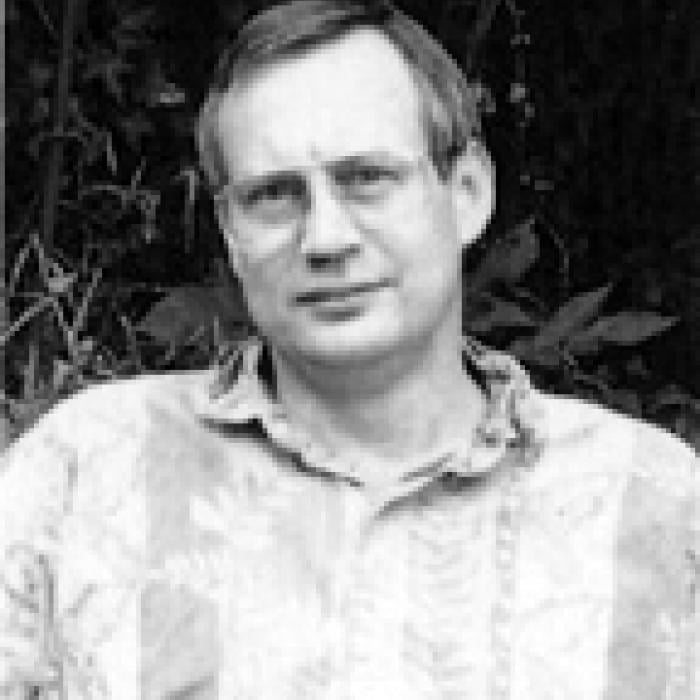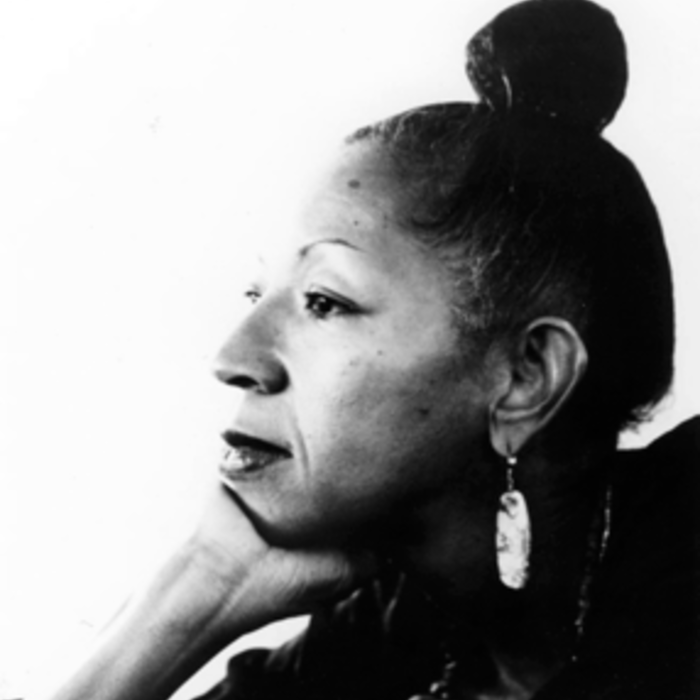Miller Williams
Stanley Miller Williams was born in Hoxie, Arkansas, on April 8, 1930. Williams first attended Hendrix College in Conway, Arkansas, intending to study English and foreign languages but was dissuaded after entrance exams revealed that, according to him, “I had no verbal aptitude and that if I didn’t want to embarrass my parents, I should go into the hard sciences.” He eventually graduated with a degree in biology from Arkansas State University in Jonesboro and received a master’s degree in zoology at the University of Arkansas in Fayetteville.
Williams published thirty-seven books of poetry and prose. His most recent poetry collections are Time and the Tilting Earth: Poems (Louisiana State University Press, 2008); Some Jazz a While: Collected Poems (University of Illinois Press, 1999); and The Ways We Touch (University of Illinois Press, 1997). He is known for his use of direct, accessible language in his poems, as well as his use of dialogue and dramatic monologues to describe everyday life in modern America.
In his New York Times review of Time and the Tilting Earth, poet Joel Brouwer writes, “In poem after poem, [Williams] mingles the low and the high in both form and content, bringing a sense of clear-eyed practicality to life’s big questions and a keenly honed poetic technique to the cadences of Arkansas porch talk.”
John Ciardi observes:
Miller Williams writes about ordinary people in the extraordinary moments of their lives. Even more remarkable is how, doing this, he plays perilously close to plain talk without ever falling into it; how close he comes to naked sentiment without yielding to it; how close he moves to being very sure without ever losing the grace of uncertainty. Add to this something altogether apart, that what a good reader can expect to sense, coming to these poems, is a terrible honesty, and we have among us a voice that makes a difference.
Williams’s honors included the Henry Bellman Award, John William Corrington Award for Literary Excellence, the Porter Prize Foundation’s Lifetime Achievement in Writing, National Arts Award, New York Arts Fund Award, and Prix de Rome for Literature, along with a Breadloaf Writers’ Conference Fellowship and the Amy Lowell Traveling Fellowship in Poetry. In 1997, he became the country’s third inaugural poet, reading his poem “Of History and Hope” at President Bill Clinton’s second inauguration.
During his youth, Williams became a science teacher on the high school and college levels and wrote poetry on the side. Though he had no academic background in English, with the help of references from writers like John Ciardi, Howard Nemerov, Flannery O’Connor, and Richard Yates, Williams joined the English department at Louisiana State University, where he founded the New Orleans Review. He taught at a number of other institutions before taking a teaching position at the University of Arkansas in 1970, where he continued to work until his retirement in 2003. He later joined the graduate creative writing program and launched the translation program. In 1980, he cofounded, with history professor Willard Gatewood, the University of Arkansas Press and became its first director.
As a professor and publisher, Williams became a mentor to hundreds of poets, including former U.S. Poet Laureate Billy Collins, whose first book was published through the University of Arkansas Press. Collins referred to Williams as his “first editorial father.” He also mentored poet Jo McDougall and former President Jimmy Carter, publishing two books of Carter’s poems through the university press.
Williams also collaborated with his daughter, singer-songwriter Lucinda Williams, who has referenced her father’s poems in her music. He died on January 1, 2015, in Fayetteville, Arkansas.

